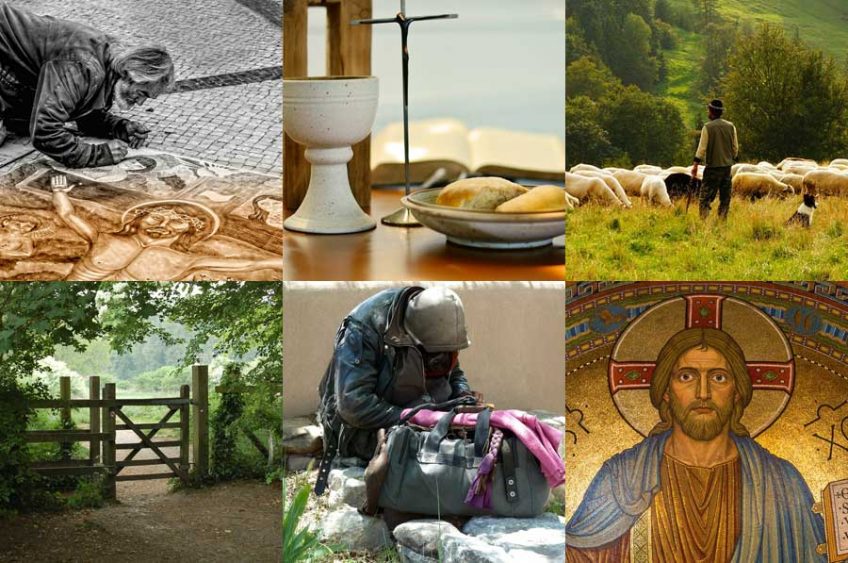My grandfather and I shared a name: Emmett. We shared more than that, too: a quiet demeanor, a love of nature, an interest in crossword puzzles. But our bond always started with the name—Emmett, the Hebrew word for truth. We could be huddled over a crossword or watching the Nationals— his team— on TV, when we’d hear my grandmother croon “Emmett!” from the other room, and we’d look up and shout back “What?” in unison. It never got old. She was always calling for him, but I liked to play along.
For all we had in common, we had a lot more that made us different. We grew up during different times, of course, but we also lived in different states and different types of communities. We saw politics differently, saw God differently, and I never could bring myself to root for his Nationals. I was woefully inept at the labor he always seemed to be doing on his land; I had no talent for gardening or weeding, nor splitting and stacking wood, nor tapping maples for syrup. When I call my grandmother now, she’s happy to hear from me, but the caller ID is also a reminder of the Emmett she doesn’t have anymore, of all the memories she has invested in my name but not my person.
The Church of the Brethren can feel like two bodies with one name, too. We have more in common than just a name—the way we baptize, our practice of love feast, our heritage as a faith tradition. Yet we have plenty that makes us different, from the way we read scripture to the people we agree to welcome. We also have different talents: for justice, for service, for evangelism, for witness, for vision, for resilience. These aren’t small differences, and they feel bigger every day. When people call upon our church, they might receive two very different answers to that call.
The question, now, is whether we can be one Church of the Brethren, or if that project would be as futile as asking my grandfather and me to be the same Emmett. What vision compels us to a faithful and fruitful ministry together? Does such a vision even exist? And do we have the eyes to see it?
If there is hope for bringing together two bodies with one name, it lies in one body with many names. During the 2019 Church of the Brethren Annual Conference, we are admonished to “Proclaim Christ,” but that, too, can be harder than it sounds. After all, Christ gives us a lot to proclaim.
He is the gentle shepherd, but he is also the pasture gate. He is an infant born into oppression, a toddler asylum-seeker, a precocious child teaching scripture. He is the one who flips over tables and the one who passes the bread and cup of his life around the table to his friends and enemy. He is the mighty king who separates sheep from goats, yet he is also the lowly poor, sick, or taboo person whose treatment determines who the sheep and goats are. He is a rabbi, but also a rabble-rousing, revolutionary radical. The Savior who died to swipe us from death, and the teacher who showed us how to live.
Christ is many more things than I could ever list in a column. And which Christ we choose to proclaim usually has a lot to do with which Church of the Brethren we happen to attend. But being one church must mean proclaiming all of Christ, both the parts that feel familiar and the parts we find challenging. Will we be one whole church, proclaiming one whole Christ? Or will we be a broken church, proclaiming the smaller Christs reflected in the scattered shards of a broken mirror?
Emmett Witkovsky-Eldred is assistant in the Youth and Young Adult Office of the Church of the Brethren, serving through Brethren Volunteer Service.


